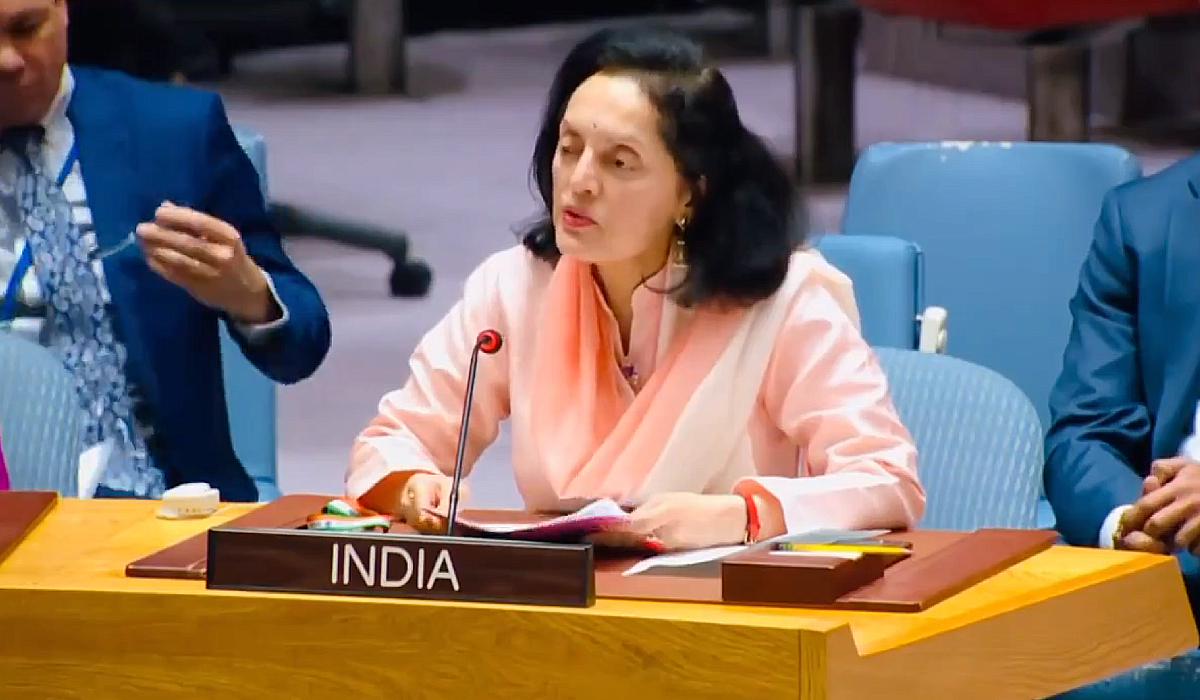The G4 model notes that the current composition of the Security Council, with its “glaring under-representation and un-representation” of key regions in both categories of membership, is “detrimental” to its legitimacy and effectiveness. It stressed that the Council’s inability to address critical conflicts and maintain international peace and security underscores the urgent need for reform.“Any reform that does not address the lack of representation, particularly in the permanent category, would only exacerbate the current imbalances in the Council’s composition and render it ill-equipped to address today’s international challenges,” she said.Kamboj highlighted that it is important to note that the G4 model “does not specify” which member states will occupy the new permanent seats. “This decision will be made by the General Assembly in a democratic and inclusive election.”She told the UN membership that the world has undergone a sea change since 1945 and the new realities need to be reflected in the permanent membership. “Any proposal that does not address the issue of representation of the Global South, including Africa, Asia and Latin America, in the permanent category does a grave injustice to the aspirations of developing countries for equality.”The G4 model offered flexibility on the veto, an issue that has been a contentious topic among member states as they try to move the needle forward on the reform process that has moved at a snail’s pace over the years. “While the new permanent members would, as a principle, have the same responsibilities and obligations as current permanent members, they shall not exercise the veto until a decision on the matter has been taken during a review,” Kamboj said.”Nonetheless, we should not allow the veto issue to have a “veto” over the process of Council reform itself. Our proposal is also a gesture of displaying flexibility on the issue for a constructive negotiation,” she said.Currently, only the five permanent members—China, France, Russia, the UK and the US—hold veto powers, which, through their use, have stalled action in the Council to address global challenges and conflicts such as those in Ukraine and Gaza.The remaining 10 nations in the Council are elected to sit as non-permanent members for two-year terms and do not have veto powers.
Source link
India presents G4 nations’ UNSC reform model with new permanent members, flexibility on veto





